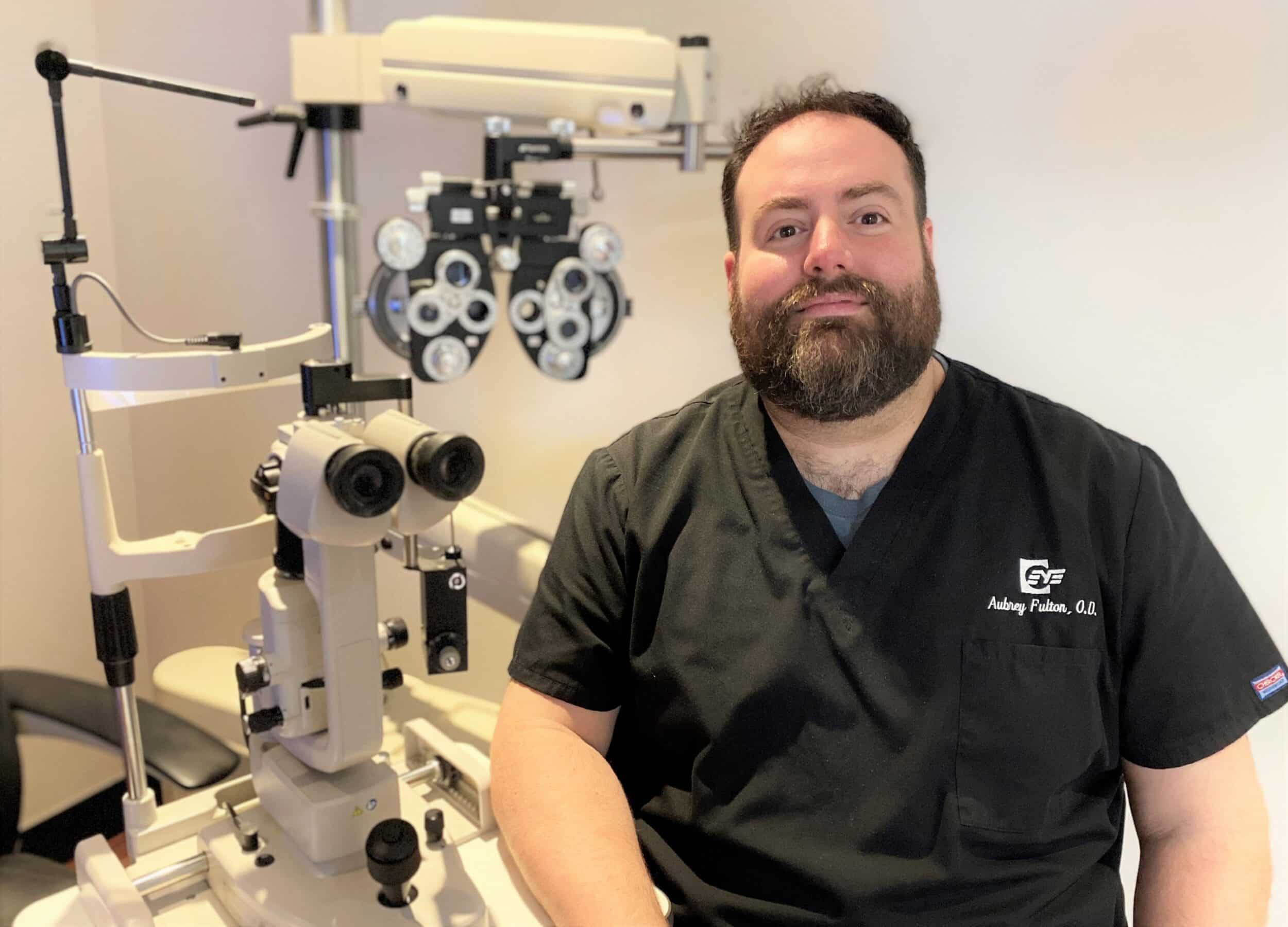
Our physical health and well-being become bigger priorities as we get older. That’s why every September, healthcare providers throughout the country put a spotlight on senior care during Healthy Aging Month.
Eyesight is certainly one of those health concerns associated with aging. But although aging may be a contributing factor in eye problems, it’s not inevitable for a senior person to have impaired vision. In fact, it’s quite possible for an older adult to enjoy normal vision throughout their golden years.
“We shouldn’t automatically pass off vision loss as simply a result of the aging process,” says Dr. Aubrey Fulton, OD, a Therapeutic Certified Optometrist with the Hattiesburg Eye Clinic in Columbia, Mississippi. “Generally, our eyes should retain their ability to achieve 20/20 vision regardless of age.”

According to Dr. Fulton, impaired sight is most often caused by disease, either directly through eye diseases like glaucoma or macular degeneration, or indirectly because of systemic conditions like diabetes or chronic high blood pressure.
“These diseases can have a serious impact on vision, and although aging may be factor, it isn’t the only one-genetics and lifestyle habits also contribute greatly to the disease process.”
But that being said, aging can contribute to certain visual weaknesses that can affect eyesight, usually around middle age.
“Many people start noticing subtle changes to their vision starting around age 40,” says Dr. Fulton. “They become more dependent on glasses, especially for up-close viewing. Around this time their regular eye prescription may change to bifocals, or they may start using ‘readers’ for close-up work.”
Middle-agers may also need brighter light than when they were younger to see clearly. They may experience heightened sensitivity to bright light or glare (particularly at night), or increased eye strain or fatigue. It’s also in these later years when cataracts, the clouding of the eyes’ natural lenses, begin to develop.
Such changes are usually more irritating than debilitating, and can be eased with glasses, drops (for dryness), or taking occasional breaks from digital devices. But it’s the more serious diseases mentioned before that are the greatest danger to eyesight in later years.
Fortunately, many serious health issues that can affect the eyes can be prevented or reduced in severity through a healthy lifestyle of regular exercise, nutritional food choices (particularly foods rich in vitamins and anti-oxidants like lutein or zeaxanthin), and zero tobacco use. Even though it’s best to establish such practices early in life, making changes when you’re older could still greatly benefit your overall health and eyesight.
Not sure where to begin? Dr. Fulton says finding a primary care provider is a good place to start. “The better you take care of yourself when you’re younger, the more likely you’ll preserve your health as you get older. Connecting with a primary care physician, as well as starting regular wellness exams, can serve as a roadmap toward optimal health.”
In the same vein, regular eye care can also protect your vision later in life. Many eye diseases, for example, are progressive and can take years before finally displaying any noticeable symptoms. Eye doctors, however, can often detect these diseases in their early stages, which in turn increases the chances for a better outcome.
“It’s just as important to find a qualified eye care provider and begin regular eye exams, usually around age 40,” says Dr. Fulton. “Doing so can help keep your eyes as healthy as the rest of your body throughout your lifetime.”
To learn more about protecting your vision as you grow older, be sure to visit our premiere senior vision care page. To find out how Hattiesburg Eye Clinic can improve your vision health, call 601-268-5910 (or toll-free 800-624-8254) or schedule a consultation with us at www.hattiesburgeyeclinic.com/contact-us/
